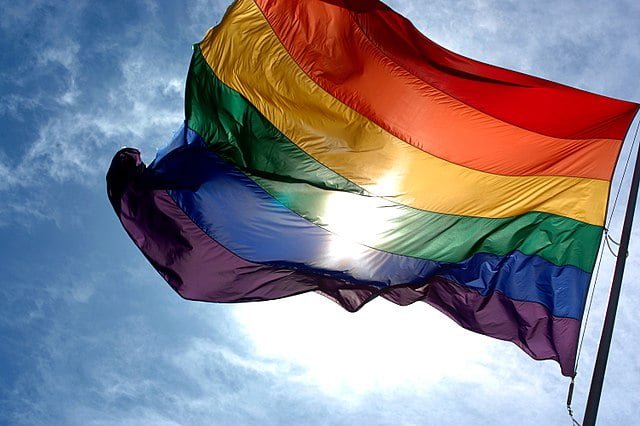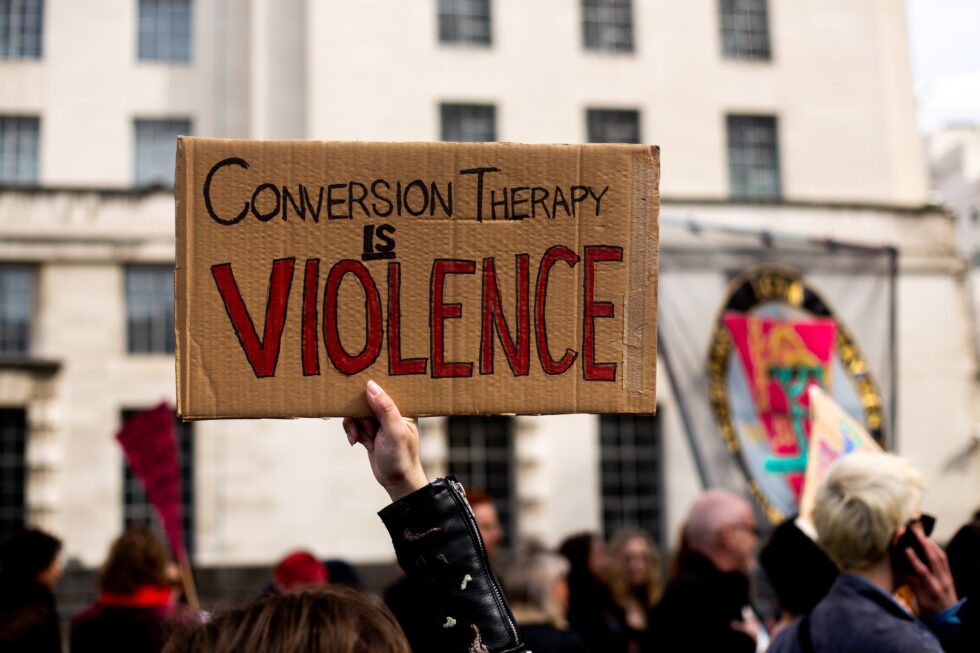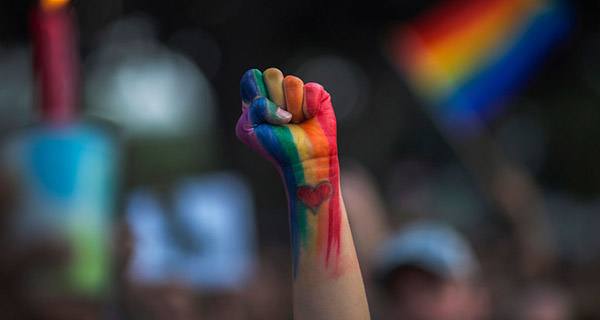Recently, a same-sex couple moved the Supreme Court against a Kerala High Court order directing one of them to attend counselling sessions with respect to her sexual orientation. The High Court’s intervention was sorted by the petitioner, by invoking the writ of Habeas Corpus for the production of the detenu who had been kept in illegal custody of her parents, so as to impede the marriage between the two.
While the Supreme Court has issued a notice in the case directing an interview of the detenu and her parents by the Supreme Court e-committee, it is worthwhile to examine the issues of substantial concern in the High Court’s order. At the onset, it is important to define conversion therapy before highlighting its consequences and the position of law with respect to the same.

Conversion therapy (CT) is an intervention that aims at changing the sexual orientation or gender identity of an individual. Various methods like psychiatric treatment, drugs, exorcism and even violence can be employed for the same. The goal is to convert queer, non-binary individuals to cis-heterosexual persons.
As per the American Academy of Child and Adolescent Psychiatry, the underlying false premise of CT is that homosexuality and different gender identities are pathological. This therapy can cause or exacerbate various mental health conditions, including anxiety, stress and drug usage, which can sometimes even lead to suicide. As per a report on conversion therapy conducted by an independent expert on gender and sexuality, Victor Madrigal-Borloz, 98% of the respondents who had been subjected to CT reported that it had caused them psychological or physical damage.
Despite the existence of the above mentioned regulations, laws and legislations, the Kerala High Court’s direction for counselling the partner of the petitioner is appalling. Conversion Therapy is not only inhumane and degrading, it is also unscientific and illegal. The High Court’s per curiam order reeks of a systemic bias instead of being a case specific issue.
Taking note of these consequences, the Madras High Court directed the national medical council to list CT as wrong under the Indian Medical Council (Professional Conduct, Etiquettes and Ethics) Regulations, 2002. Acting upon the same, the NMC had written to all the state medical councils to ban conversion therapy. It referred to CT as professional misconduct and further directed state councils to take disciplinary actions against the practitioners who breached the guidelines.

The Supreme Court in National Legal Services Authority (Nalsa) vs. Union of India, had also recognised the Yogyakarta principles, which include, the right of an individual to be protected from any medical or psychological treatment or confinement to a medical facility on the premise of changing their gender or sexual orientation.
Likewise, in Navtej Singh Johar vs. Union of India, the Supreme Court had categorically held that queerness was not a pathological disorder. It emphasised the need for mental health professionals to provide the required support to queer individuals in dealing with the social stigma associated with their identity.
Also read: Problems With Conversion Therapy & The Search For Justice For Anjana
The Mental Healthcare Act 2017, also assures that mental health professionals cannot discriminate against individuals on the grounds of their gender and sexual orientation. The act bans harsh, invasive and degrading treatments aimed at “curing” persons with mental health issues. Section 2(i) states that informed consent has to be without any force, undue influence, fraud, threat, mistake, or misrepresentation, and has to be obtained after disclosing to a person all the adequate information, including risks and benefits of the specific intervention.
Even though this act has only limited application as it only covers persons with mental health issues and does not provide for any rights and safeguards specifically for queer individuals. Nevertheless, the aforementioned issues have an ancillary connection with CT and its vices.

Despite the existence of the above-mentioned regulations, laws and legislations, the Kerala High Court’s direction for counselling the partner of the petitioner is appalling. CT is not only inhumane and degrading, but it is also unscientific and illegal. The High Court’s per curium order reeks of a systemic bias instead of being a case-specific issue. In light of the same, there is a need for a specific law banning CT so as to prevent such occurrences in future. If such a law is enacted, it will go a long way in fulfilling India’s international obligations.
International Covenant on Civil and Political Rights (ICCPR) stipulates that no one shall be subjected to medical or scientific experimentation without their free consent. Further, the UN’s Special Rapporteur on torture has also emphasised that ‘states should take the necessary legislative, administrative and other measures to guarantee respect for the autonomy and physical and personal integrity of LGBTQIA+ persons and prohibit the practice of conversion therapy and other forced, involuntary or otherwise coercive or abusive treatments performed on them’.
Also read: ‘Boy Erased’ And ‘The Miseducation Of Cameron Post’ Show The Horrors Of Gay Conversion Therapy
The recent order of the Kerala High Court makes it clear that mere directives and enunciations in case laws cannot lead to substantial changes unless they are incorporated into concrete legislations governing social behaviours. The enactment of specific legislation prohibiting CT and stipulating punishment for the same can go a long way in avoiding such situations in future.
The Supreme Court decriminalised Section 377 in 2018. But the decriminalisation of queer love will hold no meaning until it’s not accepted with tolerance and respect. The unscientific claim of homosexuality being a disease foregrounds discrimination against queer people and poses a fundamental threat to the idea of love. To that extent, banning CT in all its forms will be a massive step towards providing equal rights and recognition to the queer community.
About the author(s)
Anchal is a second year student at national Law school of India University, Bangalore.




